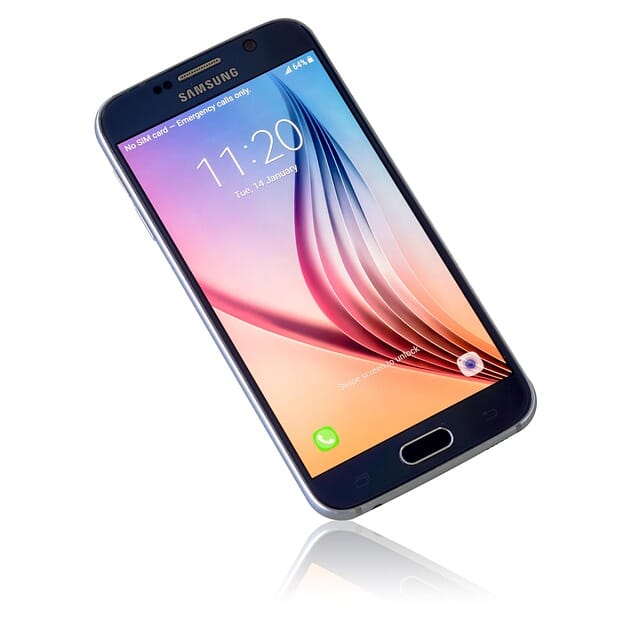
Reverse Phone Lookup Blank? Here's Why and What You Can Do Next
Have you ever found yourself staring at your phone, a mysterious number flashing on the screen, and thought, "Who in the world is calling me?" I remember one particularly puzzling evening when my phone buzzed with a number I didn't recognize. After a brief moment of curiosity, I decided to do a reverse phone lookup. Instead of the answers I craved, I was greeted with… nothing. Just a blank slate staring back at me. It was as if the universe had conspired to keep this caller's identity shrouded in mystery.
This experience got me thinking: Why does reverse lookup show no results? Let's dive into this intriguing topic together and explore what you can do next when faced with a blank reverse phone lookup.
Why Does Reverse Lookup Show No Results?
There are several reasons why a reverse phone lookup might yield no results:
-
Unlisted Numbers: Some individuals choose to keep their numbers private. This could be for personal safety or simply because they don't want their information floating around.
-
VoIP Numbers: Services like Google Voice often use VoIP numbers that may not be registered in traditional databases.
-
New Numbers: If the number is newly issued, it might not yet be included in public records.
Additionally, there are times when the database used by the service might simply be outdated or incomplete.
Real-Life Example
I once tried to trace an unknown caller after receiving multiple prank calls (thankfully, harmless). The reverse lookup turned up empty. It turns out they were using a Google Voice number—a classic case of modern communication playing hide-and-seek!
What to Do When Reverse Phone Lookup Gives Incorrect Info
It's frustrating when a reverse phone lookup provides incorrect information. Perhaps you were expecting to uncover the identity of an old friend but instead learned that the number belonged to someone completely different! Here’s what you can do:
Double-Check Your Source: Sometimes one service might have better data than another. Try multiple platforms.
Ask Around: Friends and family may have insights on unfamiliar numbers—especially if they’re local.
Social Media Search: Many people list their contact information publicly on social media sites.
Report Fake Listings: If you suspect that incorrect information is being propagated, report it to help improve future searches for everyone.

I’ve had my fair share of misidentifications; once, a friend’s old landline number popped up during my search for an ex-colleague! Talk about awkward…
How to Report Scam Numbers
Scam calls are unfortunately rampant these days. If you've identified a suspicious number, consider taking action:
-
Report to Authorities: In the U.S., you can report scam calls to the Federal Trade Commission (FTC).
-
Use Call Blocking Apps: Many apps allow users to report scam numbers while blocking them from future calls.
-
Notify Your Phone Carrier: Most carriers have dedicated teams for handling scam reports.
Interestingly, according to recent data from the FTC, scam calls increased by 30% last year alone! So you're definitely not alone if you've been pestered by unwanted callers.
Can You Reverse Search a Phone Number with Google?
Absolutely! While Google isn't tailored specifically for reverse lookups, it can still yield surprising results:
I've had some success this way—once discovering that someone I thought was unreachable had posted about their new business venture online!
Is Reverse Phone Lookup Accurate?
The accuracy of reverse phone lookups often depends on several factors:
- The database being used.
- The nature of the number (landline vs mobile).
- The age of the listing (newer numbers may not appear).
Some services boast high accuracy rates—like Whitepages and Truecaller—but no method is foolproof. It's always reverse number lookup wise to cross-reference information when possible.
Personal Insight
In my own journey through this digital maze of anonymity, I've learned one invaluable lesson: patience is key. Sometimes waiting for more context or additional sources can lead to clearer answers than an immediate search frenzy!
Conclusion
Navigating through unknown numbers can feel overwhelming at times—with all its twists and turns resembling an episode of our favorite mystery series! Yet with tools like reverse phone lookups at our disposal—and perhaps some good old-fashioned sleuthing—we have more power than we realize to uncover identities and protect ourselves from scams.
So next time your phone rings with an unfamiliar number and you find yourself pondering “Who called me from this number?”, remember these tips and tricks! Have you ever faced a similar situation? Share your experiences in the comments below—I’d love to hear your stories and insights! Let’s unravel this mystery together!